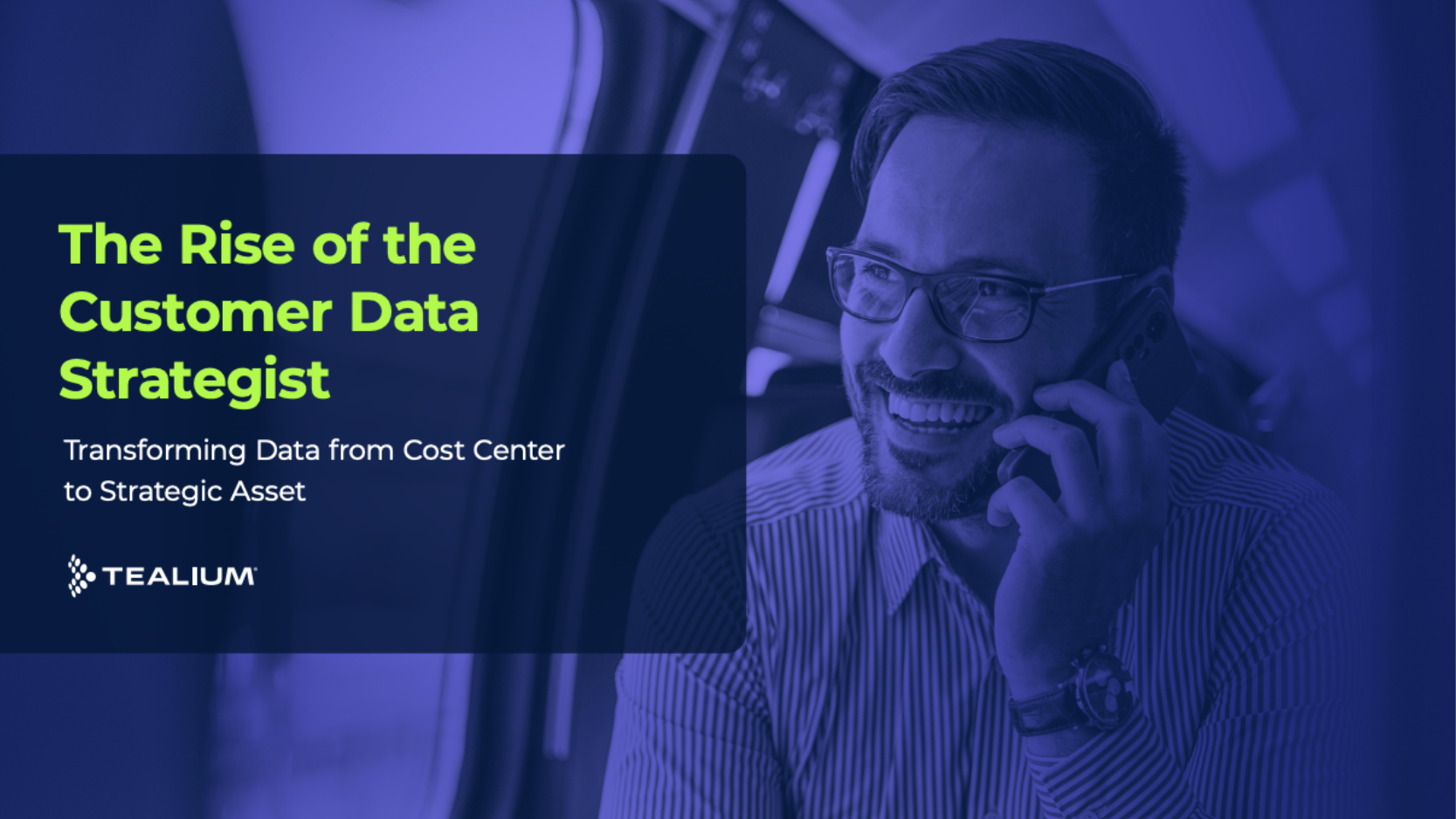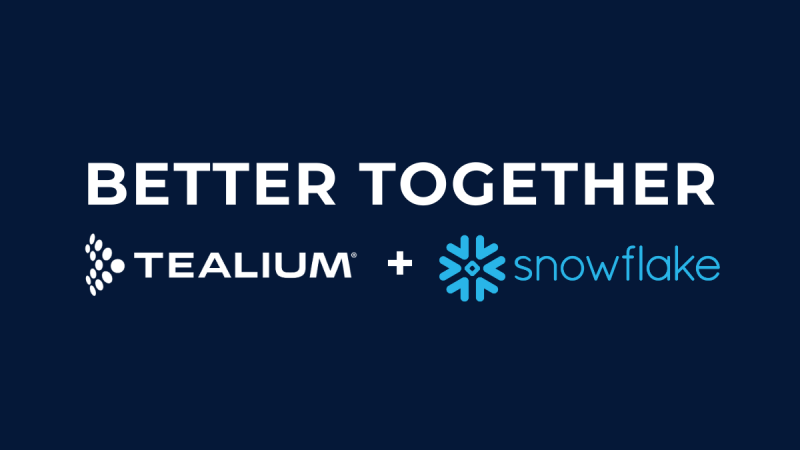Editor’s Note: This is part of an ongoing series of interviews with digital marketing thought leaders. This week we sat down with Kevin Woo from digital analytics consultancy firm Pointmarc, Silver Sponsor for Digital Velocity 2014. With a core focus on digital advertising and marketing measurement, Kevin serves as president and chief listener for the company.
1. We’re happy to have Pointmarc as one of our valued partners, and very excited to have you as a sponsor for Digital Velocity this year. Can you tell us a little more about the company and how it started?
Back in 2006, Pointmarc initially started by providing event-focused marketing analytics services. The goal was to help exhibitors more efficiently funnel booth visitor information into their CRM or sales automation tools. From this starting point, we quickly evolved our focus to include all aspects of digital analytics and measurement strategy.
The company has grown substantially, but we remain very much a measurement services company. We’ve expanded our staff significantly to meet the evolving needs of our clients, which has led us down some exciting paths, such as investing in deeper technical expertise to support more advanced deployments around data activation and enablement.
2. What makes you most excited about what Pointmarc is doing for its customers?
I get most excited about helping our customers look at data as a strength versus a weakness. So many of our customers are overwhelmed by where the industry tells them they “should” be in their analytics maturity.
This leads them to shortcuts that end up solving immediate problems at the expense of long-term analytics confidence.
With each of our clients, we initiate a process of “data immersion.” This means we spend the time necessary to fully understand their processes, technical challenges, and even political barriers that need to be considered when deploying a measurement framework or tool within their organization.
It’s exciting to see how a calculated approach focused on data “battles”— as opposed to immediately winning the “war”—has helped our customers evolve and ultimately be more confident with their data. It’s been a great reward to see our customers move from periods of constant technology redeployments to deeper analysis and ground-breaking data activation.
3. In what ways are you currently seeing your customers benefit from a tag management system and from your partnership with Tealium?
Tag management systems have been a liberating experience for many of our clients. It’s allowed them to make significant changes to their analytics capabilities—from migrating to new measurement platforms, improving existing deployments, or realizing the promise of personalization.
In the past twelve months, we’ve seen an interesting evolution in the value our customers get from tag management systems. There are still a number of organizations still realizing the benefits of basic tag management as a feature, but we’ve had clients begin using these solutions to enable much more durable and scalable data platforms. This sets the stage for better data governance, and I’m a huge advocate of this becoming an executive-level mandate, particularly within large enterprises. Our partnership with Tealium has enabled us to work with our customers to move closer to this vision.
4. Since you have an extensive background in analytics, how do you think the marketing industry is going to evolve in the near future with all of the rapid advancements we see in accessing and leveraging data?
If my background has taught me anything, data paralysis is the kiss of death when sitting in a room full of marketers who want answers. I believe that the advancements we are seeing will address this paralysis to a degree, but will still require the right measurement planning and framework to be effective.
Usable data is iterative. If a platform doesn’t support access to the underlying data root and the relationships/classifications that power it, then the value diminishes.
For example, we are seeing the industry embrace automated targeting platforms, but faith in these tools hinges on improved iterative algorithms that require cleaner and richer data.
5. What other key initiatives regarding digital marketing and analytics do you see as vital for your customers to adopt in order to be competitive and successful now and in the long term?
Although it may seem basic, we encourage our customers to embrace fundamental measurement planning and strategy. Increasing visibility into marketing performance and the need for those investments to go further require adequate preparation around campaign instrumentation/taxonomies and effective site solution design. These play a critical role in the quality of data at capture and naturally improve over time with thorough documentation.
In the long-term, we work with our customers to define the right data framework for their business and help them adhere to it. We’ve defined these frameworks for almost all of our customers, focusing on data governance, extensibility, adoption, and the ever-important reporting layer. We believe that the right framework can hedge against the cost of duplicate projects, data paralysis, and change management.
6. Pointmarc is growing rapidly. What are you planning for the future of the company?
It’s really been an awesome journey. We love seeing our pure-play analytics and measurement approach resonate in the marketplace. The industry is moving so fast that just keeping up with the changes around best practices and technologies is a big part of how we will continue to help our customers. For the future, we will continue to invest in our balanced analytics and technical services approach, with the addition of some specific and differentiated service offerings. We plan on defining and going-to-market with new offerings related to enterprise analytics, site optimization, and data architecture.
Ultimately, as mentioned earlier, we are just scratching the surface of how organizations can cost-effectively capture, understand, manage, and activate their data.
As a company, we look forward to continuing to help businesses realize the full promise of their measurement technologies, along with elevating the wider conversation about analytics and data.







